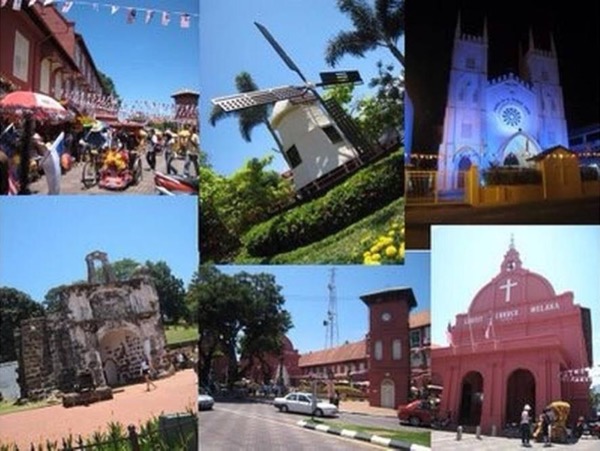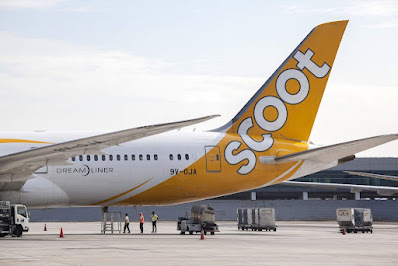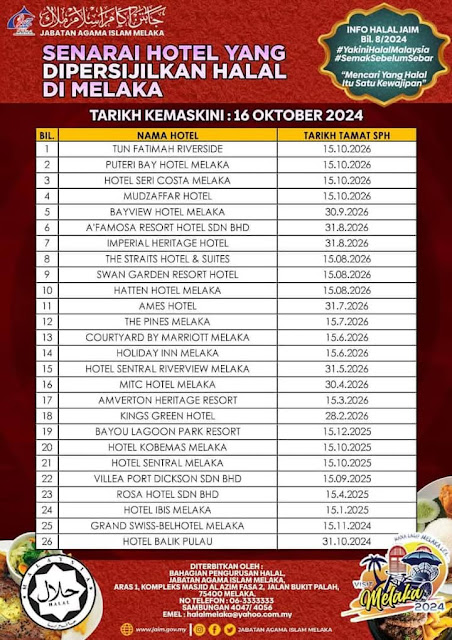Malacca, a historical city on the west coast of Malaysia, has a rich and fascinating history that spans centuries. Its strategic location on the Strait of Malacca, a vital maritime trade route between the East and West, played a pivotal role in its development.
Early History
The earliest known settlements in the Malacca region date back to the 2nd century AD, when it was inhabited by indigenous tribes. The name "Malacca" is believed to be derived from the Sanskrit word "melaka," meaning "meeting place," reflecting its importance as a trading hub.
Rise as a Maritime Power
In the 14th century, Parameswara, a prince from the Majapahit Empire in Java, fled to Malacca and established a small Malay sultanate. Under his leadership, Malacca rapidly grew into a prosperous trading port, attracting merchants from China, India, Arabia, and Europe. The sultanate's strategic location, coupled with its tolerant policies towards foreign traders, contributed to its economic success.
Foreign Influence and Decline
In the 15th century, Malacca came under the influence of the Ming Dynasty of China, which established diplomatic relations with the sultanate. The Portuguese, seeking to control the spice trade in the region, arrived in Malacca in 1511 and captured the city after a brief siege. Portuguese rule marked a significant turning point in Malacca's history, as the city became a key outpost of the Portuguese Empire in Southeast Asia.
The Dutch, who were also interested in the spice trade, challenged Portuguese dominance in the region. In 1641, they successfully captured Malacca from the Portuguese, ending Portuguese rule in the city. Dutch rule lasted for nearly two centuries, during which Malacca continued to be a major trading center.
British Rule and Independence
In the 18th century, the British East India Company established a trading post in Malacca. Following the Anglo-Dutch Treaty of 1814, Malacca came under British control. Under British rule, Malacca experienced a period of economic growth and development.
After World War II, Malacca became part of the Federation of Malaya, which gained independence from British rule in 1957. The city continued to play a significant role in Malaysia's economy and culture.
Today, Malacca is a popular tourist destination, known for its historical landmarks, cultural heritage, and vibrant atmosphere. The city's rich history is evident in its well-preserved architecture, including the A Famosa fortress, the Stadthuys, and the Cheng Ho Museum.
Malacca's unique blend of Malay, Chinese, Indian, and Portuguese influences has shaped its identity and made it a fascinating place to visit.


















